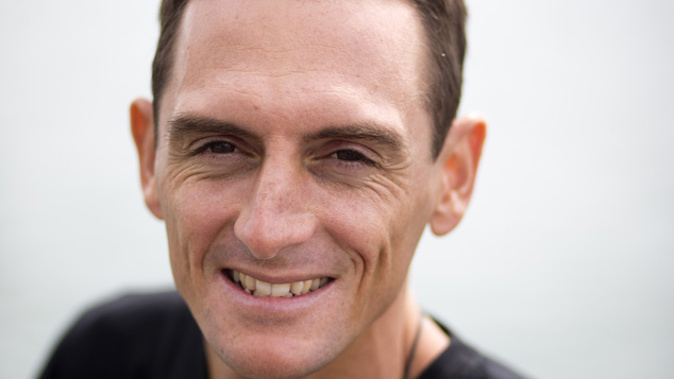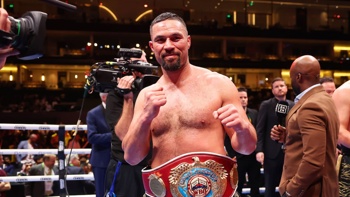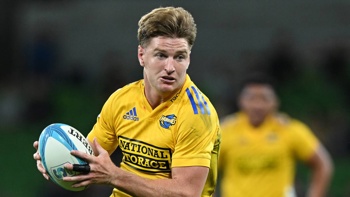
New Zealand freediver William Trubridge has backed a campaign urging fast food giant McDonald's to stop sourcing its fish from New Zealand waters after the leak of a report which revealed the unreported capture of a rare dolphin.
The leaked report of an investigation in 2013 by the Ministry for Primary Industries, titled Operation Achilles, about the capture of the Maui's dolphin also revealed New Zealand fishing boats had illegally dumped large amounts of healthy fish -- a finding which prompted the ministry to launch an inquiry last week.
McDonald's sources 8 per cent of its fish for the Filet-O-Fish burger from New Zealand waters and German conservation foundation Nabu International is leading a campaign urging it to drop New Zealand fish from its menus.
Mr Trubridge, who earlier this month broke two world records by diving to 124m and back on a single breath, is supporting the campaign.
"What decent human being or company could possibly buy fish from an industry that fights for the right to kill every last Maui's dolphin?
"I have faith that most who hear this story will refuse New Zealand fish until it is no longer mixed with the blood of the last few individuals of a beautiful species.
"Only then will New Zealand's fishing industry and the Government realise that its brand and its economy depend on the dolphins' survival, and therefore on their protection.
"Now is the time to show them that they are dependent on consumers, consumers who demand action."
Nabu International spokeswoman Barbara Maas said the organisation wasn't attacking McDonald's.
"They have a huge opportunity here to do the right thing and bring about some real change in the New Zealand fishing industry -- they could say they saved the Maui's dolphins, and how good would that be for their brand?"
The group will soon launch a campaign which includes billboards with the message: "Buy New Zealand Fish Get Dead Maui's Dolphin Free."
Nabu International chief executive Thomas Tennhardt believed New Zealand was at risk of becoming the first country to allow the extinction of a marine dolphin because of human activity.
"The industry's role in the dolphins' demise is already impacting New Zealand's international standing and brand; an untenable situation for a country that portrays itself as an environmentally responsible nation and tourist destination ...
"Our appeal to McDonald's and consumers around the world is a last chance SOS call to avoid the dolphins' demise at the eleventh hour."
An academic report released last week alleged New Zealand fisheries had caught 2.7 times more fish than official records showed, because of illegal dumping of unwanted species and failure to declare catch.
It was dismissed by the Government and the seafood industry, which said it was not credible and would not withstand peer review.
The report included references to the Operation Achilles investigation, which was subsequently leaked.
A McDonald's spokeswoman said the restaurant would continue to use New Zealand fish.
However, it had a global commitment to only source fish from Marine Stewardship Council (MSC) certified sustainable fisheries, including in New Zealand.
"We understand the importance of protecting marine wildlife, especially endangered species that share the ocean with the fish we use on our menu.
"The New Zealand Hoki Fishery is considered one of the best maintained and controlled fisheries in the world and was one of the first fisheries in the world to be awarded MSC certification for sustainable fishing."
Maui's and Hector dolphins
- Maui's and Hector's dolphins are the smallest and rarest marine dolphins on earth and live only in New Zealand.
- Maui's dolphins have declined from an estimated 1800 in the 1970s to less than 50 as a result of fishing.
- The closely related Hector's dolphin is also threatened, with several populations numbering fewer than 100 individuals.
- Maui's dolphins have become so rare that the death of more than a single individual every 10 to 23 years will result in extinction. Yet between three and four Maui's dolphins die in fishing nets each year.
-- Source Nabu International
Take your Radio, Podcasts and Music with you








